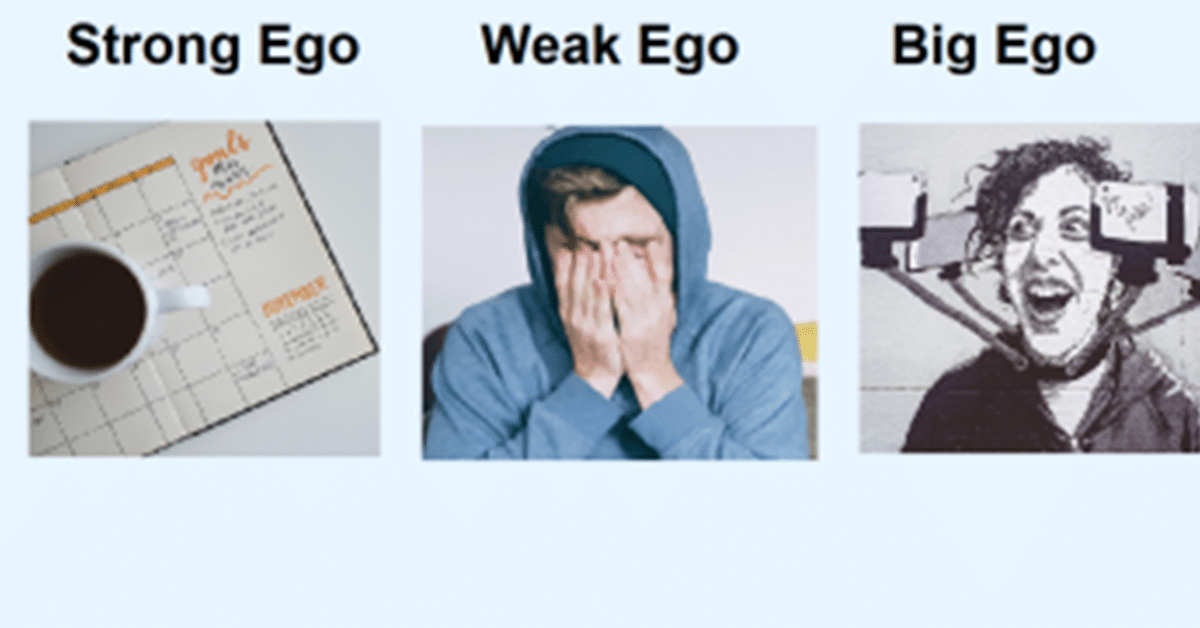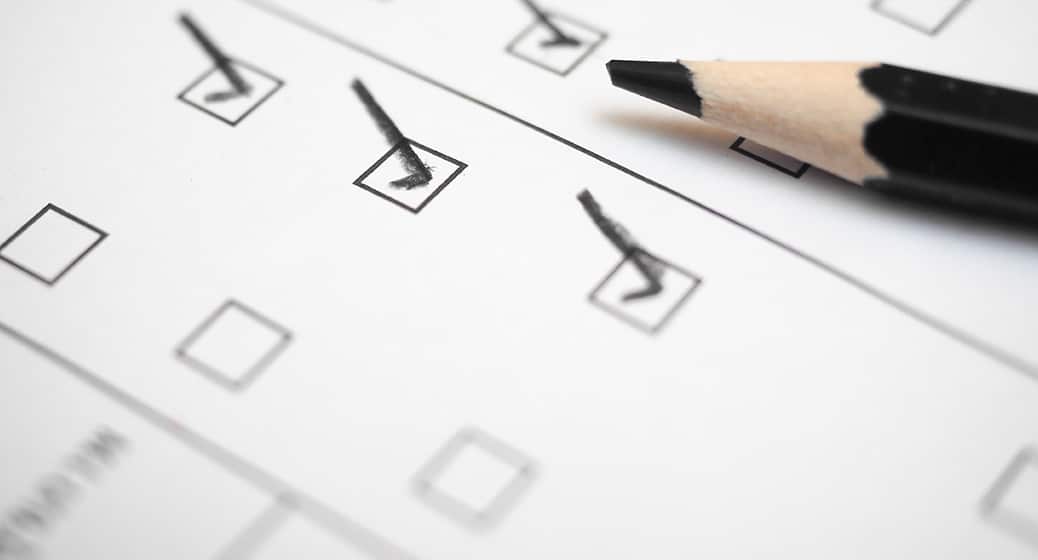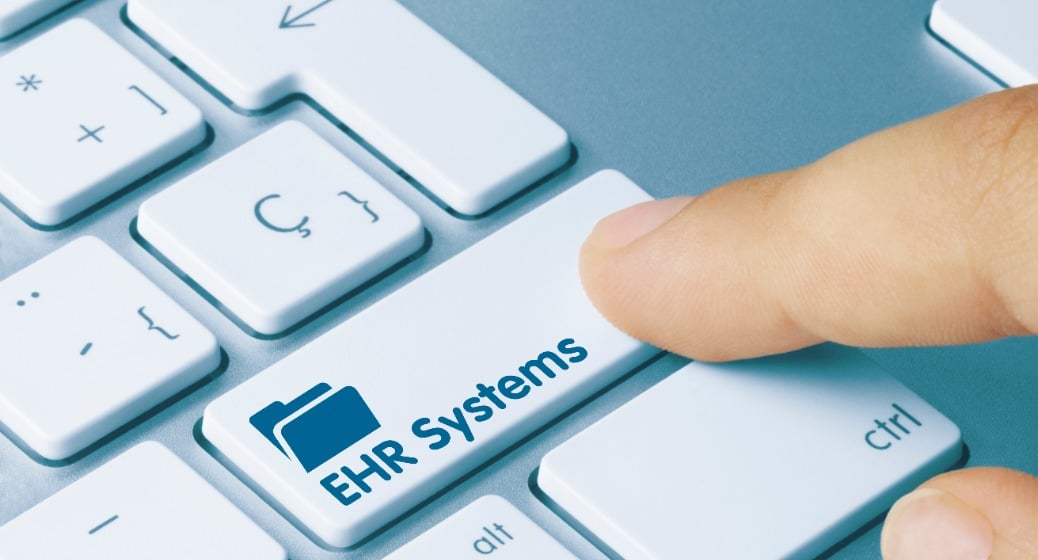The term “ego” has a bad rep, but in fact, having a strong ego indicates mental health in contrast to a weak or big ego. In Freud’s structural model of the psyche, “I” was translated to the Latin, “ego.” Unlike the primitive “id” seen in infants, the ego develops in stages and represents the “reality principle.” It delays gratification and mediates the id’s wants, emotions, and instinctual drives with reality.
Its functions are control, judgment, tolerance, reality testing, planning, defense, memory, synthesis of information, and intellectual functioning.
The conscience or super-ego, evident around 5 years old, is idealistic and perfectionistic. It absorbs rules and standards from our parents, other authority figures, religion, and culture. When it becomes demanding, critical, or punishing it’s often referred to as your “inner critic.”
A Strong Ego
People with a strong ego see themselves and reality objectively and respond to others and life realistically. A strong ego socializes us, facilitates the exercise of our will, and anticipates, remembers, and plans for the future. Knowing and respecting oneself, such a person respects others and can establish protective boundaries. In sum, it modulates the demands of the world, our passions, and the restrictions of our super-ego. To …
Insecurity can be a pervasive feeling that affects various aspects of life. That being said, there are many strategies for addressing ...
Up until the 1990s, women were often excluded from clinical drug trials, with the rationale that their hormone cycles would make ...

You’ve heard that blogging can be a great marketing tool for your private practice, but the thought of starting one seems ...
Burnout is at an all-time high, and not just among therapists. A survey conducted by the American Psychological Society found that ...
Most therapists keep some form of notes to record patient encounters, keep track of important information, and monitor progress. Therapists who ...
Setting up a therapy practice doesn’t happen overnight. Contracting with insurance companies, networking, and building a caseload all take time. Meanwhile, ...
The holiday season should be joyful, at least according to the ads, Christmas carols, and Instagram reels. But for many, this ...
Continuing education units, or CEU’s, can sometimes feel like just another thing to fit into your already busy day. But used ...
It’s been almost 3 years since COVID-19 pandemic, and many people are still adjusting to a “new normal.” For therapists, this ...
Therapists are more accustomed to giving care than receiving it. It’s in our nature and our job description. But just because ...
The COVID pandemic has created a lot of occupational transition, and the mental health field is no exception. Many clinicians working in ...
Psychologists and psychotherapists now provide services virtually, making traditional payment methods obsolete. As a result, it's time to reconsider your payment ...
Now is the time to start a podcast that you enjoy listening to if you don't already have one. Podcasts, like ...
Have you spent hours searching the internet for the best resources to use with patients, tools for your practice, or professional ...
Have you been seeking for novel approaches to market your offerings, increase the number of your clients, and increase the number ...
Capture more clients on the phone when implenting an effective call-answering service for your therapy practice. When it comes to ...
Successfully managing patient notes and paperwork can help mental health professionals realize more constructive and demonstrable progress with patients. In addition, ...
When a patient gets treated by an out-of-network provider or facility, they may be unexpectedly billed. This is referred to as ...
Website builders and content management systems, which are the most widely used of these tools, have ushered in a new era ...
It’s good to be busy, but it’s bad to be too busy. When therapists take on too much work, they risk ...

























